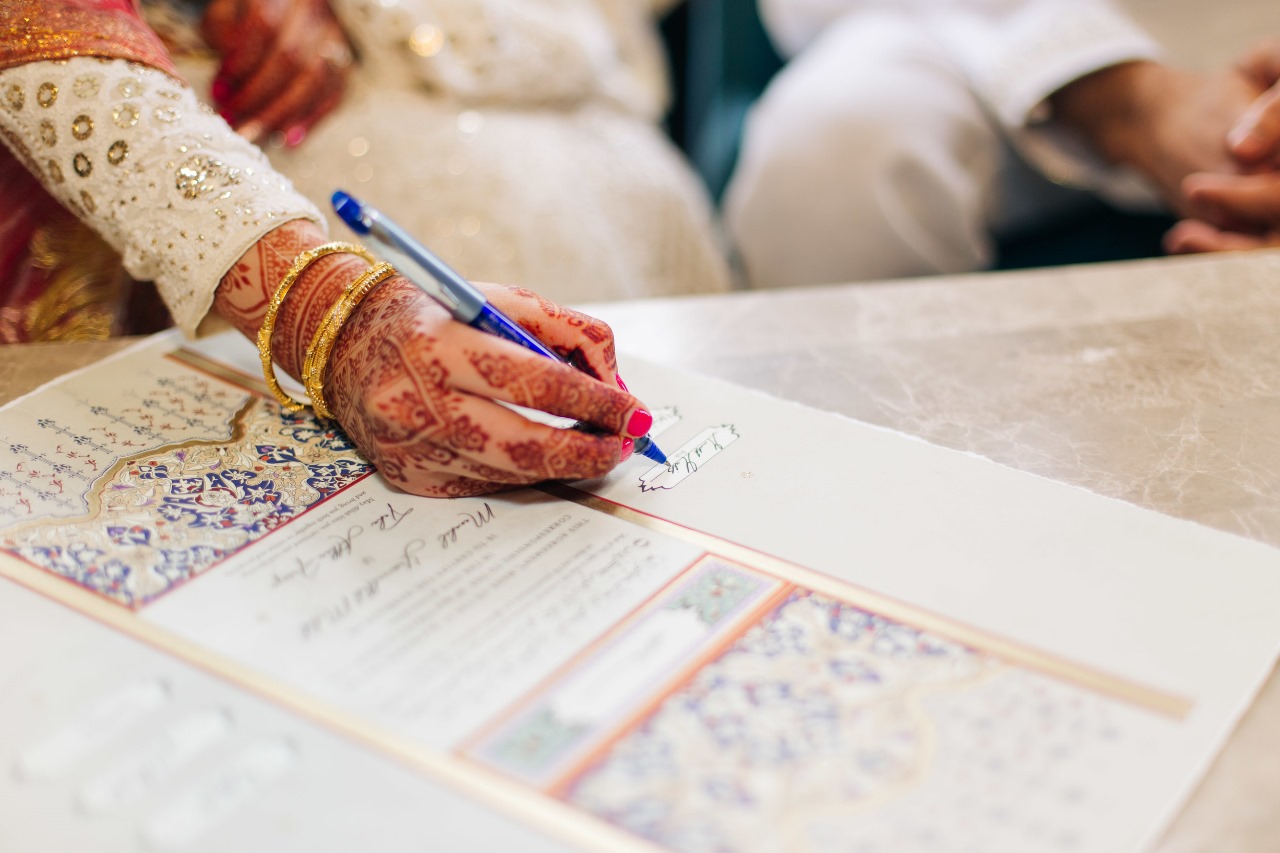
Marriage Registration
Marriage registration is a crucial legal process that formalizes the union between two individuals. It provides legal recognition to the marriage, which is essential for various legal and administrative purposes. This guide covers everything you need to know about marriage registration, including the benefits, requirements, and process.
Why Register Your Marriage?
- Legal Recognition: Registration provides legal proof of marriage.
- Rights and Obligations: Ensures both parties have legal rights and obligations towards each other.
- Social Security Benefits: Helps in claiming social security, life insurance, and other benefits.
- Property and Inheritance: Facilitates smooth property and inheritance processes.
- Visa and Immigration: Required for visa and immigration applications.
- Avoiding Legal Complications: Prevents issues related to bigamy and ensures legal clarity.
Requirements for Marriage Registration
-
Eligibility:
- Both parties must be of legal age (usually 18 for women and 21 for men, but it varies by jurisdiction).
- Both parties must give free and full consent.
- Parties must not be within prohibited degrees of relationship.
-
Documents Needed:
- Proof of identity (e.g., passport, driver’s license).
- Proof of age (e.g., birth certificate).
- Proof of address (e.g., utility bill).
- Passport-sized photographs of both parties.
- Proof of marital status (e.g., divorce decree if previously married, death certificate of spouse if widowed).
- Witnesses’ identity proof and photographs (number of witnesses required may vary).
-
Application Form:
- Complete the marriage registration application form available at the local registrar’s office or online.
News & Blogs





